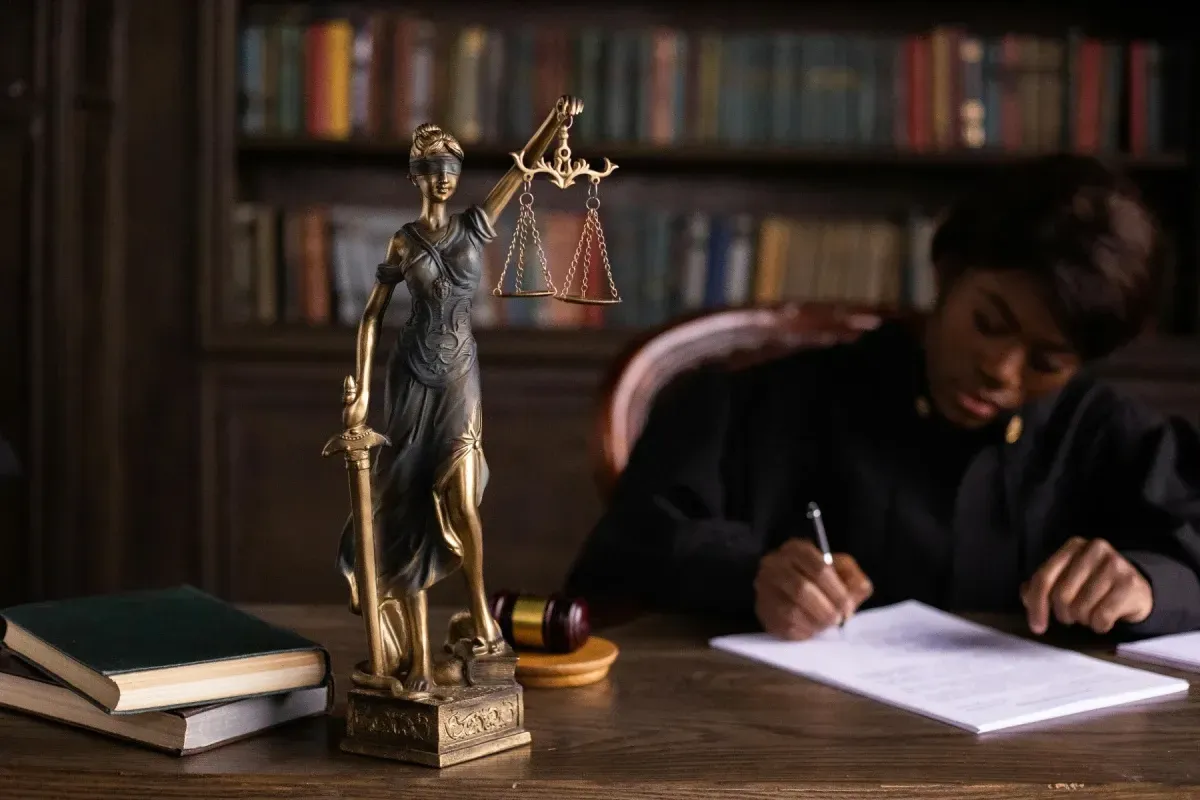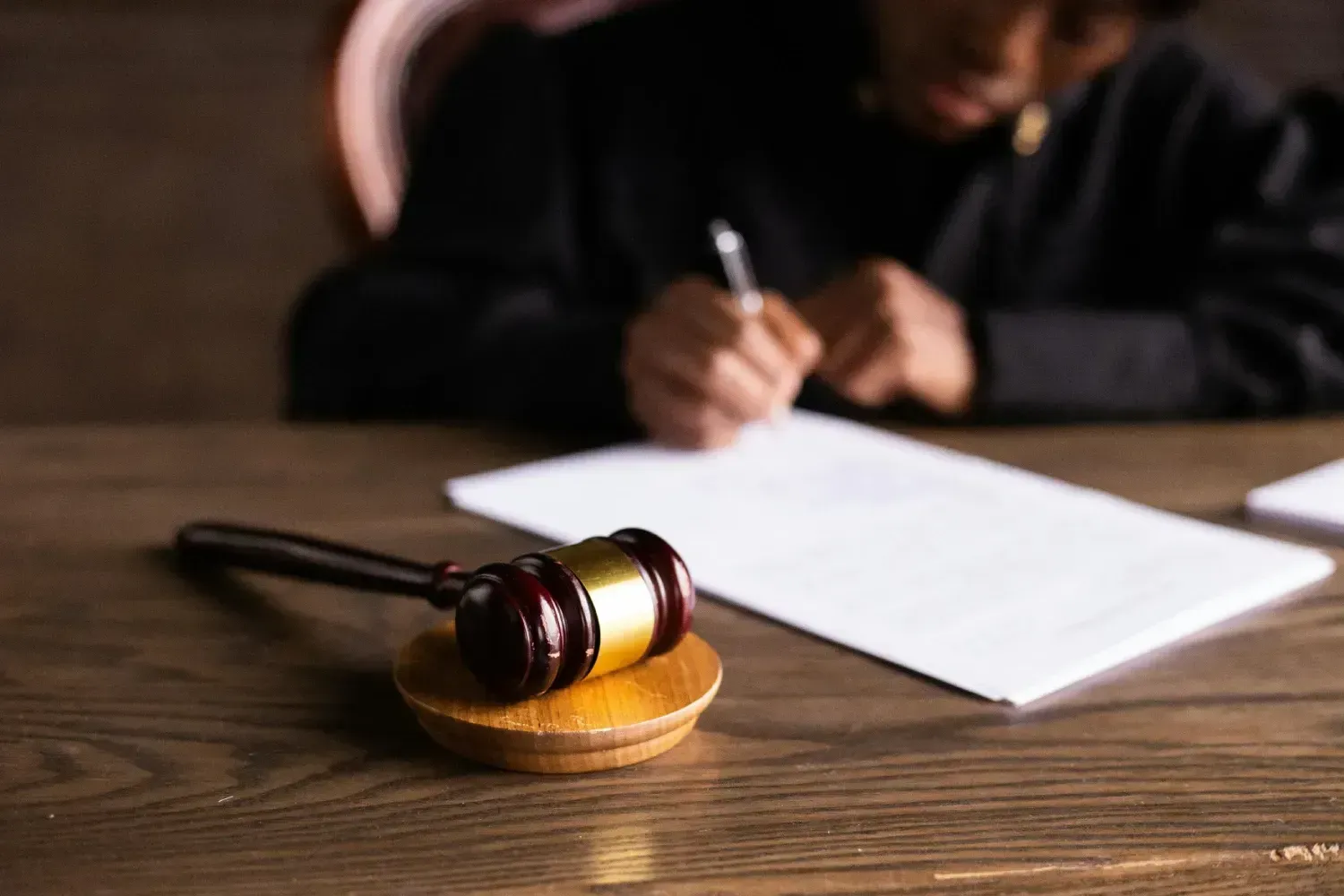Oral Wills
Whilst the formal requirements of valid will include the requirement that the will be in writing, the legislation does provide dispensing power in circumstances where the testamentary wishes can otherwise be proved.
As to what constitutes writing, Wills have been found to be valid despite having been written on such strange places including on a bumper bar of a car, or on an eggshell. Of more recent date writing on a wall has been found to be sufficient where the deceased who was gravely ill at the time and wrote on a wall in the presence of witnesses stating that he was making a will.
Provided the other formal requirements were met the courts have been willing to accept the unusual, to say the least, provided there was some writing.
In a very recent decision to court accepted an oral will. The case involved a homosexual man who was particularly concerned with removing his mother and sister from his previous written will because they had never accepted his homosexuality. He made a cassette audiotape predominantly because it allowed him to express himself more completely than writing would have. Predictably the audiotape was described by the court as being ” rambling , electric and higgledy-piggledy” . The audio will was challenged by the mother of the deceased as ironically if the audio will failed then the deceased would have died without any valid will and as such according to the rules of intestacy, his entire estate would have passed in his mother. Utilising the dispensing provisions of the relevant legislation that audio will was upheld.
The dispensing provisions have also been applied to uphold oral evidence of the existence and contents of a will where the original will and even copies have been lost.
Needless to say this decision ,whilst significant, is very much limited to the particular facts of the case. Persons wishing to make a will should ensure that the will meets with the very strict requirements of the legislation which includes a will being in writing and witnessed by two adult witnesses. However, as this decision demonstrates, there may be particular situations where people are ill or affected in some other way such that audio tapes may be the best way to approach will making and testamentary dispositions.
(published Inner Western Courier)










